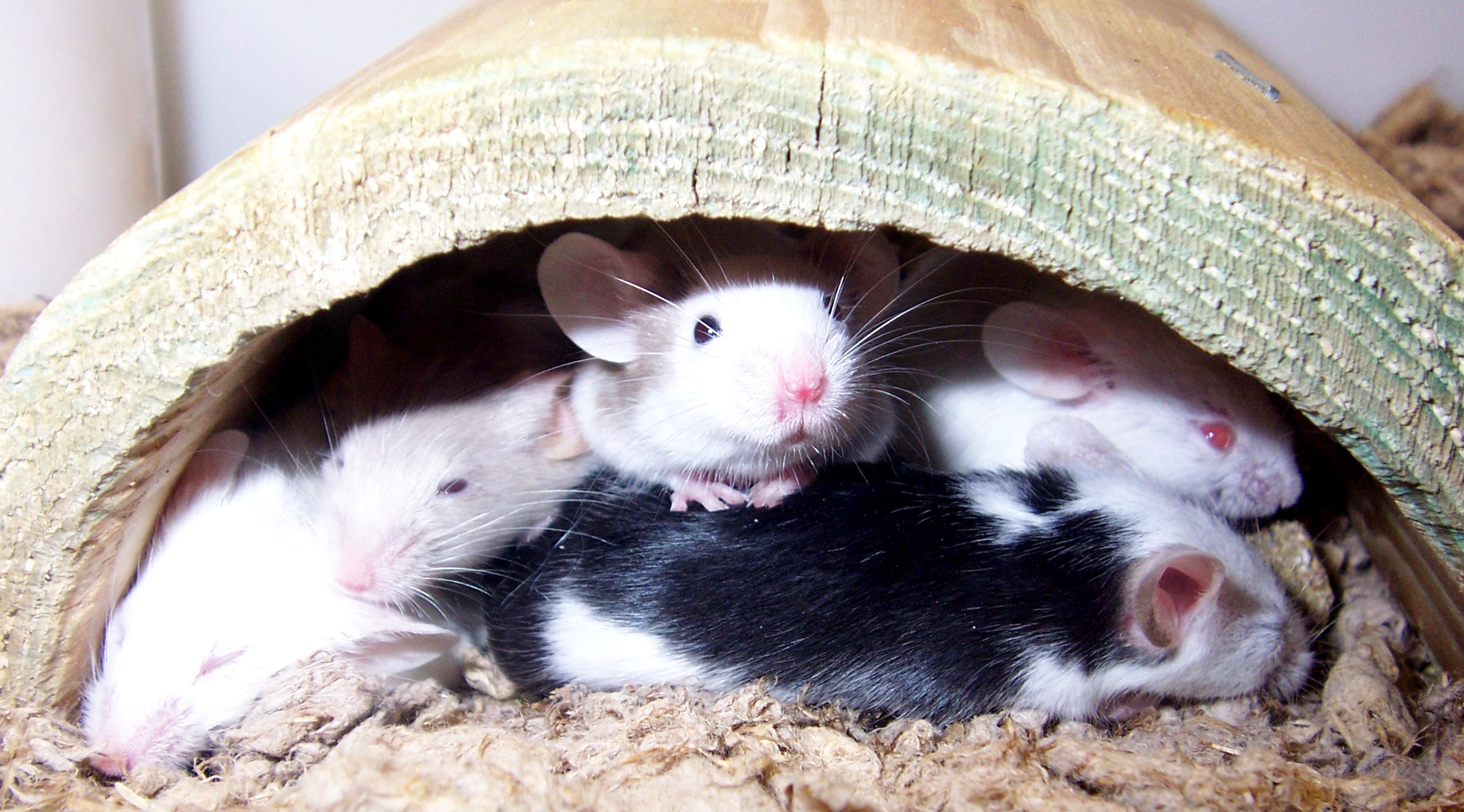Fire is considered one of the most important discoveries in the history of our species. Since the dawn of time, it has provided us with warmth, light, cooked food and the power to invent even more things.
We can see how important fire was to our ancestors from how integral it was within a house.
In prehistoric times, there would always be a fire at the centre of a cave or hut, where the family could gather around for warmth and light. Here, they would warm themselves on a cold winter’s day and cook meat that they hunted during the day to tenderise it.
Unlike the old days, we no longer have open fires in the house. Instead, fire has been split into three different forms.
- Instead of huddling around an open fire for warmth, we have boilers and hot water cylinders to warm our houses.
- Instead of cooking our food over a campfire, we have gas or electric stoves and ovens.
- Instead of the flickering flames providing us with light and distraction, we have television and computers.
Of course, we still have fireplaces, barbeques and candles, but the modern person tends to rely more on modernised versions of fire.
An interesting takeaway from this theory is how television is the modern form of the psychological comfort that fire provided us. In prehistoric times, people would struggle to stay alive, running from predators and hunting to feed the family. Looking at the fire mindlessly at the end of a hard day’s work would have been a way to destress and unwind.
Nowadays, most of us are lucky enough to not have to fear death on a day-to-day basis, but we still suffer constant stress from the busy modern life. Perhaps sitting in front of a television or computer to procrastinate for half an hour is not the worst thing in the world.
That said, everything should be done in moderation. It is good to relax for a set amount of time, but if you spent every evening after work staring at a screen without an original thought, your mind will dull and atrophy.
So, it is good to balance out the mindless entertainment such as comedy or reality shows with films that provoke thoughts and emotions, documentaries that provide you with knowledge, and shows that stimulate your creativity.
Most importantly, what you think and feel and learn after watching these should act as fodder for conversations that help deepen your connection with other people.










